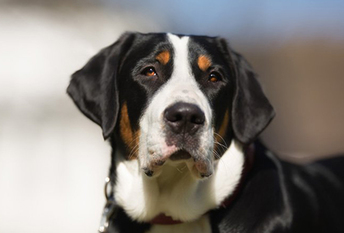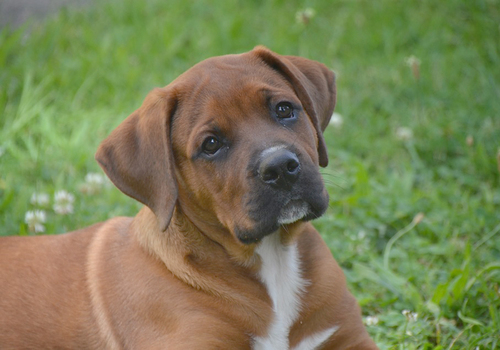As a type, this breed has been known since the Middle Ages.At the end of the 18th century, these dogs were pure-bred and increased in number thanks to the Count Sehested of Broholm, from whom the breed has inherited its name.
After World War II, the breed became almost extinct, but around 1975, a group of committed people, later organized as The Society for Reconstruction of the Broholmer Breed, supported by the Danish Kennel Club, began the work of reviving the breed.
In 1998, the Broholmer breed was officially acknowledged by the international breed registry, FCI.Up until 2009, the Broholmer had only been found in Denmark and a few other European countries. Then in June of that year, the very first Danish Mastiff named Honor was imported into the United States by Joe and Kathy Kimmeth of the Broholmer Club of the USA. Since then, interest in the breed has surged.











